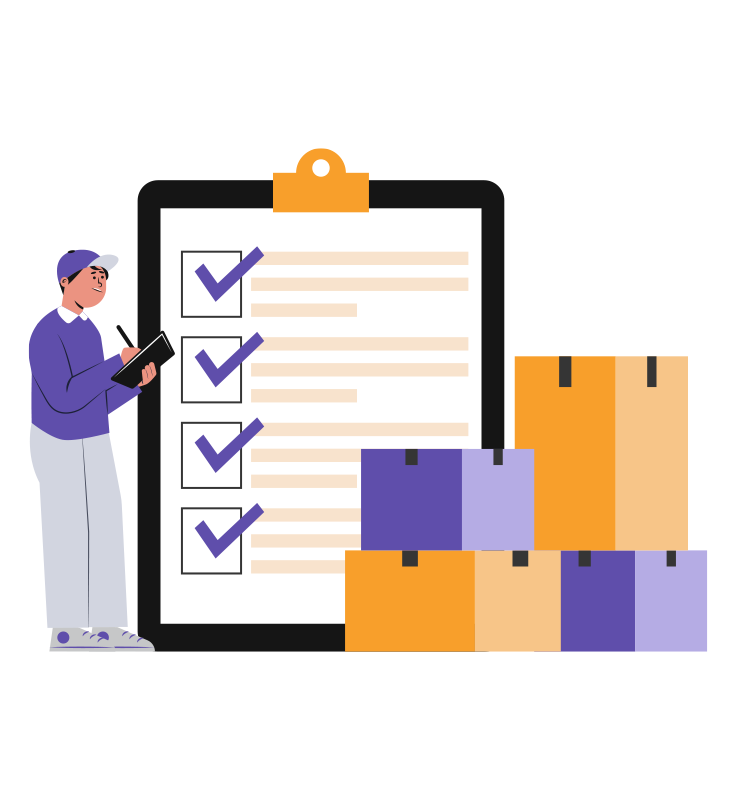Order fulfillment might sound like a complicated term, but it's essentially the process of taking an order from a customer and making sure they receive what they ordered, in good condition and on time. Whether you're a big online retailer or you are a small local shop owner, understanding the steps involved in order fulfillment is always important for smooth operations and happy customers, leading to repetitive sales.
What is Order Fulfillment?
Order fulfillment is the entire process a business goes through to get a product from the moment a customer places an order to the moment they receive it. In some cases, order fulfillment can also include things like managing inventory levels and forecasting demand.
There are two main ways to handle order fulfillment:
- Merchant fulfillment: This is when you handle the entire fulfillment process yourself. This can be a good option for small businesses or businesses that sell a limited number of products.
- Outsourced fulfillment: This is when you hire a third-party logistics company like Rackit to handle some or all of the fulfillment process for you. This can be a good option for businesses that sell a large number of products or that don't have the space or resources to handle fulfillment themselves.
What is Included in Order Fulfillment Process?
The essential steps in order fulfillment are given below.
Receiving Orders
The order fulfillment journey starts when a customer places an order. This can happen in various ways. It can be through a website, over the phone, via email, or even in person. No matter the way utilized, the order details need to be accurately recorded.
Processing Orders
Once the order is received, now it is time to process it. This involves checking inventory to ensure the items are in stock, verifying payment, and preparing the order for shipment. If the item is out of stock, the customer needs to be informed, and make the arrangements possible for reordering them.
Picking Orders
With the order is confirmed and the payment is processed, it's time to pick the items from the stock. This is where efficiency of seller matters. Items need to be accurately picked and packed to avoid mistakes. Proper packaging is also important to ensure the items reach the customer safely.
Shipping Orders
After packing, the order is ready to be shipped. Choosing the right shipping method is important. Some of the factors like cost of an item, delivery time, and the nature of the items being shipped need to be considered. Tracking information should be provided to the customer so they can monitor the progress of their order and also provide a peace of mind to the customer.

Delivery
Once the order leaves the warehouse or shop, it is now in the hands of the shipping carrier. Timely delivery is important to customer satisfaction. Delays can lead to frustration and negative reviews of the customers. Keeping customers informed about any delays and solutions can help resolve dissatisfaction.
Returns and Exchanges
Sometimes, orders need to be returned or exchanged. This can happen due to various reasons like receiving the wrong item, damaged item, or simply a customer changes its mind. Having a clear and hassle-free returns policy can help manage these situations smoothly.
Customer Support
Throughout the entire process, providing excellent customer support is essential. Whether it's answering any questions before purchase, providing updates on the order status, or resolving issues before the delivery. Being responsive and helpful can go a long way in building customer loyalty.
Feedback and Improvement
Finally, gathering feedback from customers about their order fulfillment experience is valuable. It can highlight areas that need improvement and help in refining the process further. Continuous improvement is key to staying competitive in the market. You can also showcase positive reviews on your websites, giving a positive impact about the business.
Conclusion
In conclusion, order fulfillment involves several steps, each important for ensuring a seamless experience for the customer. By understanding and optimizing each step accordingly, businesses can streamline their operations, they can improve customer satisfaction, and ultimately, can drive growth.